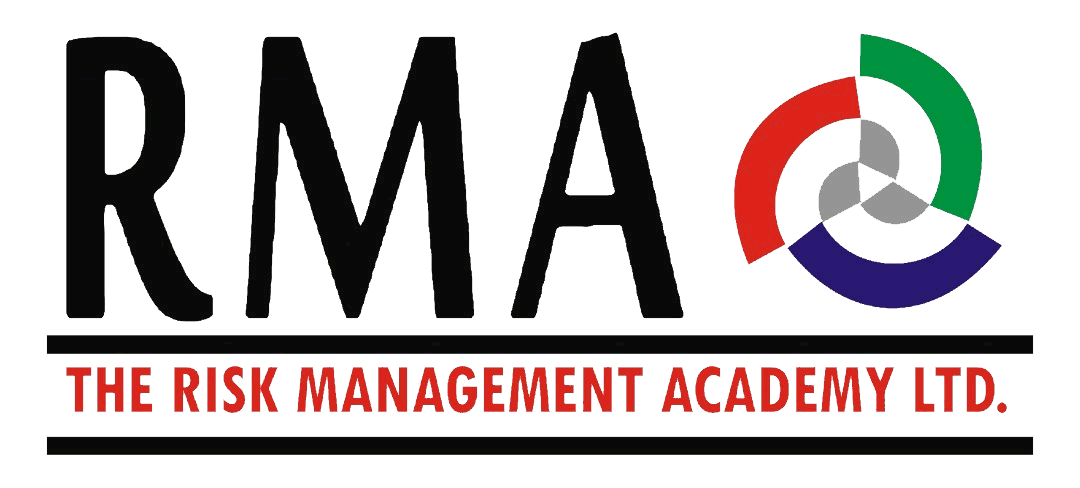Description
Overview
This intensive 3-day program equips board members, executives, and governance professionals with the knowledge and practical skills to oversee and manage AI responsibly. Participants will explore AI governance tools, techniques, and global frameworks, and learn how to integrate them into organizational decision-making, compliance, and risk management structures.
Objectives
By the end of this program, participants will:
-
Understand the strategic importance of AI governance in today’s regulatory and business environment.
-
Learn tools and techniques for assessing AI risks, fairness, transparency, and accountability.
-
Explore leading global frameworks and standards for responsible AI (e.g., OECD, NIST, EU AI Act, ISO/IEC).
-
Develop the ability to embed AI oversight into board governance, compliance, and enterprise risk management.
-
Build practical capacity to design an AI governance roadmap for their organizations.
Agenda & Content
Day 1: Foundations of AI Governance
-
Session 1: Introduction to AI & Its Governance Challenges
-
What AI is (and isn’t) – implications for boards and leaders
-
Ethical, legal, and reputational risks of AI
-
Case studies: AI failures, bias, and governance lapses
-
-
Session 2: Global AI Governance Landscape
-
OECD AI Principles, UNESCO framework
-
EU AI Act (risk-based approach)
-
NIST AI Risk Management Framework
-
ISO/IEC AI Governance Standards
-
-
Session 3: Board & Leadership Responsibilities
-
Role of the board in AI oversight
-
Integrating AI into enterprise risk management
-
Governance models: committees, policies, reporting structures
-
Day 2: Tools & Techniques for Responsible AI
-
Session 4: Tools for AI Governance
-
AI fairness & bias detection (IBM AIF360, Fairlearn, SHAP, LIME)
-
Explainability & transparency tools
-
AI assurance and audit platforms (Holistic AI, Credo AI)
-
-
Session 5: Techniques for Oversight
-
Algorithmic Impact Assessments (AIAs)
-
Human-in-the-loop decision-making
-
AI red-teaming and adversarial testing
-
Model lifecycle governance (development → deployment → monitoring)
-
-
Session 6: Practical Workshop – AI Risk Assessment
-
Hands-on exercise using a case study AI application
-
Mapping ethical, operational, and compliance risks
-
Designing oversight controls
-
Day 3: Frameworks, Implementation & Boardroom Action
-
Session 7: Applying Frameworks to Practice
-
Deep dive into NIST AI RMF and ISO/IEC 42001 (AI management systems)
-
Mapping COSO ERM principles to AI oversight
-
Adapting financial model risk governance to AI systems
-
-
Session 8: Governance in Action
-
Designing AI governance structures in organizations
-
Policy frameworks: responsible AI, data ethics, algorithm accountability
-
Reporting & disclosure requirements
-
-
Session 9: Simulation & Roadmap Development
-
Scenario-based simulation: Board oversight of a high-risk AI project
-
Group activity: Drafting an AI governance roadmap for your organization
-
-
Closing Panel: The Future of AI Governance – Trends, Regulation, and Boardroom Readiness
Outcomes
Participants will leave the program able to:
-
Evaluate AI systems using governance tools and frameworks.
-
Integrate AI risk management into board and committee responsibilities.
-
Apply global AI governance standards and adapt them locally.
-
Design a practical AI governance structure for their organization.
-
Make informed, responsible decisions on AI adoption and oversight.
Key Takeaways
-
A governance toolkit for boards on AI oversight (checklists, tools, templates).
-
Practical knowledge of bias testing, explainability, and AI assurance techniques.
-
Understanding of global regulatory and ethical frameworks for AI.
-
An AI governance roadmap tailored to organizational needs.
-
Confidence to engage in board-level conversations on AI strategy, ethics, and risk.


